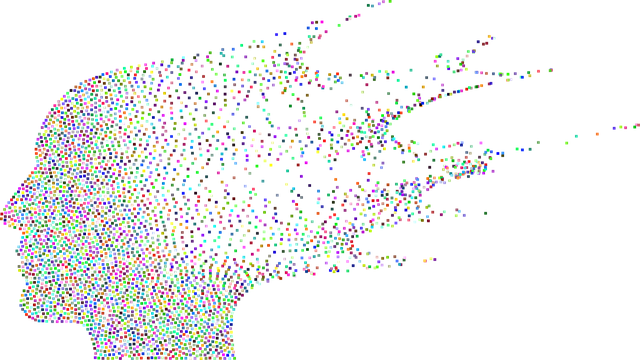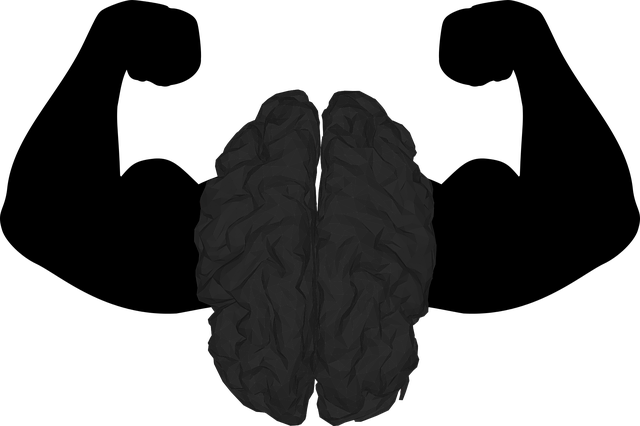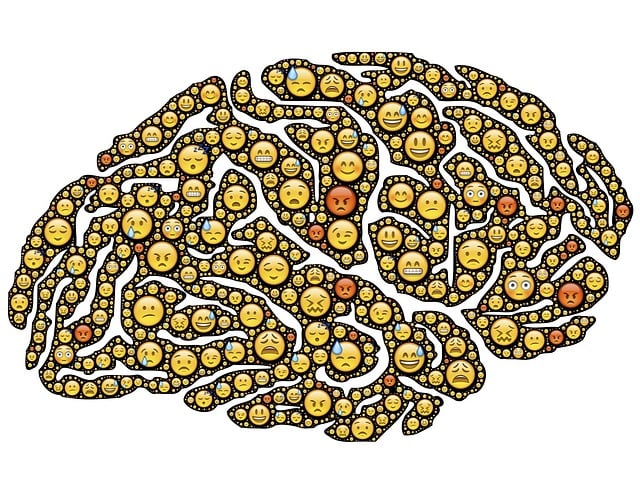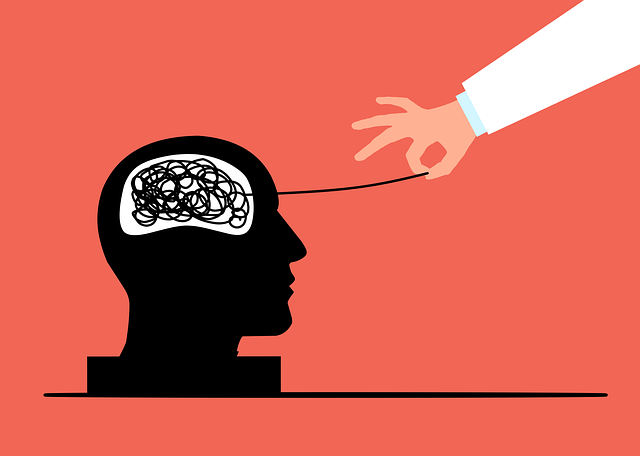Arvada Grief Counseling Therapy is a leading force in combating mental health stigma by providing safe, non-judgmental spaces for individuals to process grief and build resilience. Through individualized sessions utilizing advanced techniques like emotional regulation and compassion cultivation, they empower clients with effective coping mechanisms. Community outreach, educational workshops, and policy advocacy further normalize mental health conversations, fostering a supportive ecosystem that reduces stigma and enhances well-being.
Stigma surrounding mental illness persists, hindering individuals from seeking necessary support. This article explores comprehensive strategies to reduce this barrier, focusing on counseling and therapy as powerful tools in breaking down societal barriers. We delve into specialized approaches like Arvada Grief Counseling, community engagement through education, and policy advocacy. By understanding the profound impact of stigma on mental health seeking, we can foster a more inclusive society where individuals feel empowered to prioritize their well-being.
- Understanding Stigma: Its Impact on Mental Health Seeking
- The Role of Counseling and Therapy in Breaking Down Barriers
- Arvada Grief Counseling: A Specialised Approach to Support
- Community Engagement: Education and Awareness Strategies
- Policy Changes and Advocacy: Long-term Solutions for stigma Reduction
Understanding Stigma: Its Impact on Mental Health Seeking

Stigma surrounding mental illness is a significant barrier to individuals seeking help and support for their well-being. It often manifests as negative attitudes, stereotypes, and discrimination, creating an environment where those suffering in silence might feel ashamed or afraid to reach out. This pervasive stigma can lead to social isolation, decreased access to quality care, and even self-medication through unhealthy coping mechanisms.
In Arvada, grief counseling therapy plays a vital role in combating this issue by providing safe spaces for individuals to process their emotions without fear of judgment. Crisis intervention guidance is offered to those facing acute mental health crises, helping them navigate difficult situations with support. Additionally, these therapeutic settings focus on stress management and self-esteem improvement techniques, empowering clients to take charge of their mental health and challenge societal stigmas.
The Role of Counseling and Therapy in Breaking Down Barriers

Counseling and therapy play a pivotal role in reducing the stigma associated with mental illness. Through personalized sessions, individuals facing various challenges can explore their emotions, gain insights into their conditions, and develop coping strategies. These therapeutic environments offer safe spaces where one can openly discuss their experiences without fear of judgment. This process is instrumental in breaking down barriers and fostering understanding.
Arvada Grief Counseling Therapy, for instance, focuses on supporting clients through grief and loss, offering tools to navigate difficult emotions. Moreover, healthcare provider training in cultural competency enhances the care experience. By recognizing and addressing cultural nuances, providers can better serve diverse communities, promoting inclusivity. Community outreach programs implementation, coupled with inner strength development initiatives, further contributes to a supportive ecosystem where mental health conversations are normalized.
Arvada Grief Counseling: A Specialised Approach to Support

In Arvada, a specialized approach to mental health support has emerged through Grief Counseling Therapy. This unique service is designed to help individuals navigate the complexities of grief and emotional pain, offering a safe space for expression and healing. The therapists at Arvada are trained in advanced techniques that go beyond traditional counseling. They employ tools like emotional regulation strategies, conflict resolution techniques, and compassion cultivation practices to empower clients with effective coping mechanisms.
By focusing on these holistic methods, Arvada Grief Counseling Therapy aims to foster resilience and promote mental well-being. It recognizes that grief is a profound experience that can disrupt every aspect of life. Through individualized support, the therapy helps individuals process their emotions, find meaning in their experiences, and gradually rebuild their lives. This specialized approach ensures that those facing grief receive the compassionate and skilled care they deserve.
Community Engagement: Education and Awareness Strategies

Community engagement plays a pivotal role in reducing the stigma surrounding mental illness. Educational initiatives and awareness campaigns are powerful tools to dispel myths and foster empathy. By organizing workshops, seminars, and community talks, organizations like Arvada Grief Counseling Therapy can provide valuable insights into various mental health conditions, treatment options, and coping strategies. These events create safe spaces for open dialogue, allowing individuals to share their experiences and learn from one another.
Incorporating Emotional Well-being Promotion Techniques and Stress Reduction Methods within these programs can further enhance community understanding. Self-Awareness Exercises, such as mindfulness practices or expressive art therapy sessions, empower individuals to recognize and manage their emotional states effectively. Through such initiatives, communities can develop a deeper appreciation for the complexities of mental health, ultimately leading to more supportive and inclusive environments for those facing challenges.
Policy Changes and Advocacy: Long-term Solutions for stigma Reduction

Stigma reduction efforts require sustained commitment and long-term solutions, such as policy changes and advocacy. By implementing evidence-based practices and updating legislation, communities can create a more supportive environment for individuals seeking mental wellness services. In Arvada, Grief Counseling Therapy has been instrumental in addressing specific mental health concerns within the community.
Policy advocates play a crucial role in ensuring that mental health professionals have access to resources like Conflict Resolution Techniques and comprehensive training, including Risk Assessment methodologies. These efforts not only empower therapists but also foster better patient outcomes by enhancing service delivery. Such initiatives contribute to breaking down barriers and promoting understanding, ultimately reducing stigma associated with mental illness.
Mental illness stigma reduction is a multifaceted process that involves education, specialized therapy like Arvada Grief Counseling, community engagement, and policy changes. By understanding the profound impact of stigma on mental health seeking and leveraging various strategies, we can foster an environment where individuals feel supported and empowered to access the care they need. Continued efforts in these areas are essential for breaking down barriers and promoting overall well-being within our communities.














